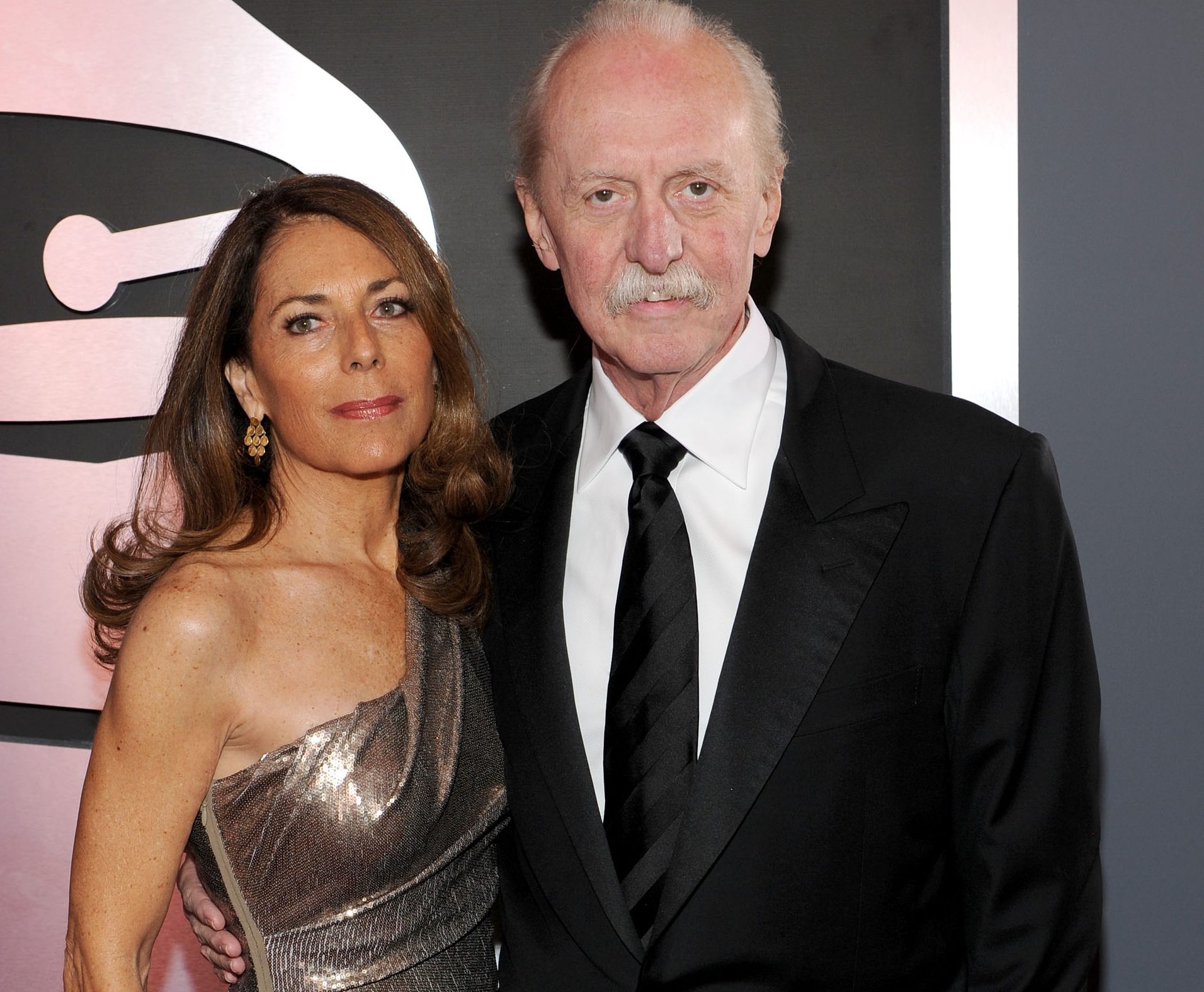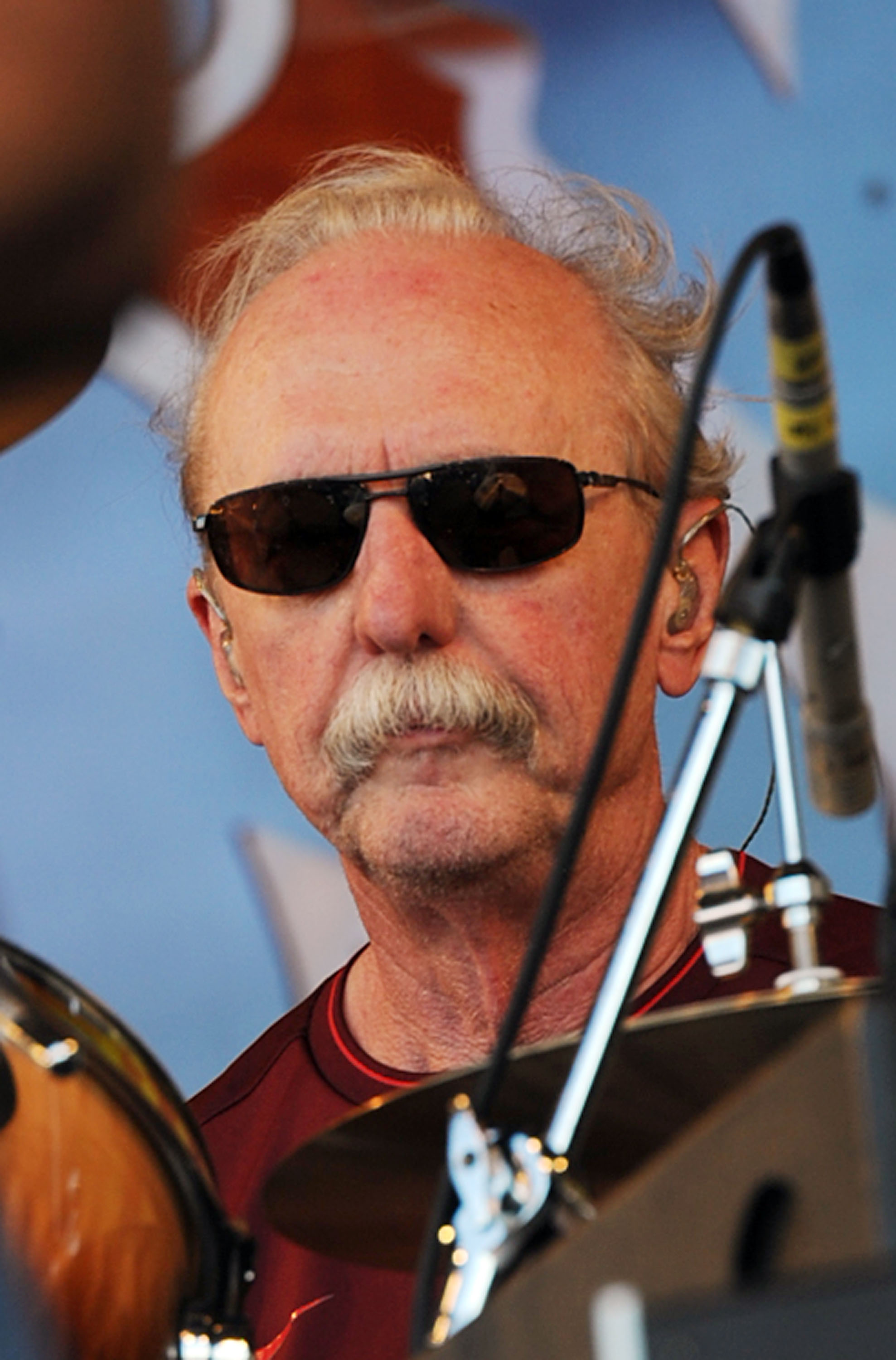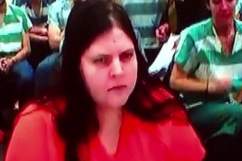
Butch Trucks with his wife, Melinda. (Getty)
The chilling 911 call made by Butch Trucks’ wife after the Allman Brothers co-founder and drummer fatally shot himself in their Florida condo has been released by police.
Melinda Trucks frantically called for help after she and her son found Trucks dead January 24 in West Palm Beach.
“My husband just shot himself,” Melinda Trucks screams to the dispatcher. “With a pistol … Oh my God! He Just shot himself in the head. Oh, I can’t believe this, I can’t believe this.”
Trucks’ son, Vaylor Trucks, can be heard screaming “Oh my God!” in the background during the call and trying to help get help to the condo. Claude “Butch” Trucks, 69, was pronounced dead at the scene by paramedics.
You can listen to the 911 call, obtained by TMZ, below or by clicking here [Warning: Graphic]:
In the call, Melinda Trucks, his wife of more than 40 years, tells the dispatcher she can’t look at him or touch him.
She told police she saw her husband shoot himself.
“The Trucks and Allman Brothers Band families request all of Butch’s friends and fans to please respect our privacy at this time of sadness for our loss. Butch will play on in our hearts forever,” booking agent Page Stallings said in a statement.
An autopsy was performed the day after he died, but officials have not yet released the results.
Trucks had been dealing with financial issues, according to local and federal court records.
He sold his $2 million home in Palm Beach in 2011 to pay off a $800,000 mortgage a bank was trying to foreclose on. In 2014, he bought the condo where he lived until his death on Tuesday.
Federal court records show the IRS filed two liens against the condo last year to force Trucks to pay additional taxes for 2013 and 2014, totaling more than $540,000.

(Getty)
Trucks, considered one of the 100 greatest drummers of all time by Rolling Stone, battled addictions to drugs and alcohol for most of his life.
In 2011, he talked to the Palm Beach Post about getting sober in 2001.
“You have to make the commitment deep down inside that this is enough,” he told the newspaper. “That you care more for the people around you than the booze. My message is ‘life can get better.'”
